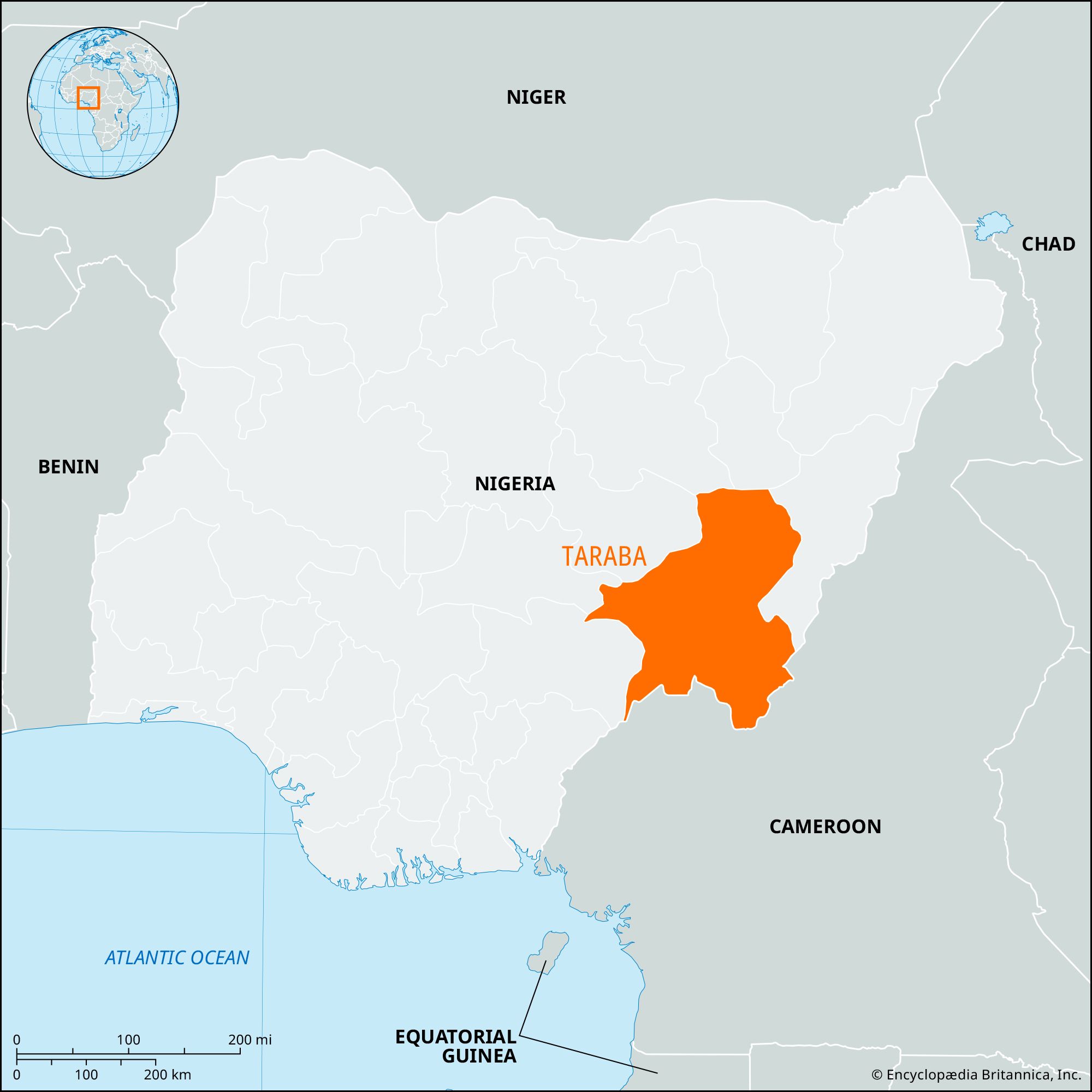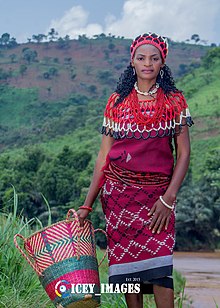Taraba State
States Jan 04, 2025

Table of Contents
Introduction to Taraba State, Nigeria
Taraba State is one of the 36 states in Nigeria, located in the northeastern region of the country. Known for its cultural diversity, natural beauty, and historical significance, Taraba State is often referred to as the “Nature’s Gift to the Nation.” The state, created on August 27, 1991, from the former Gongola State, has continued to gain recognition for its unique contributions to Nigeria’s history and development.
Geography and Demographics

Taraba State is bordered by Bauchi, Gombe, Adamawa, Benue, and Nasarawa States, as well as the Republic of Cameroon to the east. Covering a landmass of approximately 54,473 square kilometers, it is one of Nigeria’s largest states by area. The state is home to over 3 million people, representing a rich tapestry of ethnic groups, including the Jukun, Tiv, Fulani, Mumuye, Kuteb, and Chamba, among others. This ethnic diversity brings with it a wealth of cultural traditions, languages, and practices.
Historical Background
The history of Taraba State is deeply rooted in the histories of its diverse ethnic groups. The Jukun people, for instance, have a long-standing history that dates back to the Kwararafa Kingdom, a prominent historical entity in the region. The Kwararafa Kingdom played a significant role in the socio-political and economic dynamics of pre-colonial Nigeria, engaging in trade and cultural exchanges with neighboring entities.
During the colonial period, the region that now comprises Taraba State was part of the Northern Protectorate under British rule. The area underwent significant changes, including the introduction of Western education and new administrative structures. Post-independence, the creation of Taraba State was a strategic move to address ethnic and administrative challenges in the region, ultimately fostering unity and development.
Cultural Heritage
Taraba State is a cultural melting pot, with festivals, traditional music, and dances that reflect its ethnic diversity. Notable festivals include the Nwonyo Fishing Festival, celebrated by the Jukun people, and the Mumuye Dances, which display the artistic and spiritual traditions of the Mumuye ethnic group. These festivals are not only a source of entertainment but also serve as avenues for preserving the state’s cultural heritage.
Traditional crafts such as pottery, weaving, and blacksmithing are also significant aspects of the local culture. These crafts are often passed down through generations and remain essential to the identity of the Taraba people.
Tourism and Natural Attractions
Taraba State is blessed with stunning landscapes and natural attractions that make it a top destination for eco-tourism. The Gashaka Gumti National Park, Nigeria’s largest national park, is located in Taraba State. It is home to diverse wildlife, including chimpanzees, leopards, and buffaloes, as well as breathtaking scenery with mountains, rivers, and waterfalls.
Other notable attractions include the Mambilla Plateau, known for its cool climate and rolling hills, and the Donga River, which is ideal for fishing and water-based activities. These sites offer opportunities for adventure, relaxation, and exploration, making Taraba State a must-visit for nature enthusiasts.
Economy and Agriculture
The economy of Taraba State is predominantly agrarian, with agriculture serving as the mainstay of its people. Major crops grown include maize, millet, rice, cassava, yams, and groundnuts. The state is also known for its tea plantations on the Mambilla Plateau, which produce high-quality tea for both local and international markets.
In addition to farming, livestock rearing is an essential economic activity, particularly among the Fulani pastoralists. The state also has untapped mineral resources such as limestone, bauxite, and gypsum, which hold potential for future industrial development.
Conclusion
Taraba State, with its rich history, cultural heritage, and natural beauty, is a treasure trove of opportunities and experiences. Its diverse population, historical significance, and vast natural resources make it a unique and fascinating part of Nigeria. Whether you’re interested in exploring its vibrant culture, delving into its historical roots, or enjoying its scenic landscapes, Taraba State offers something for everyone.
